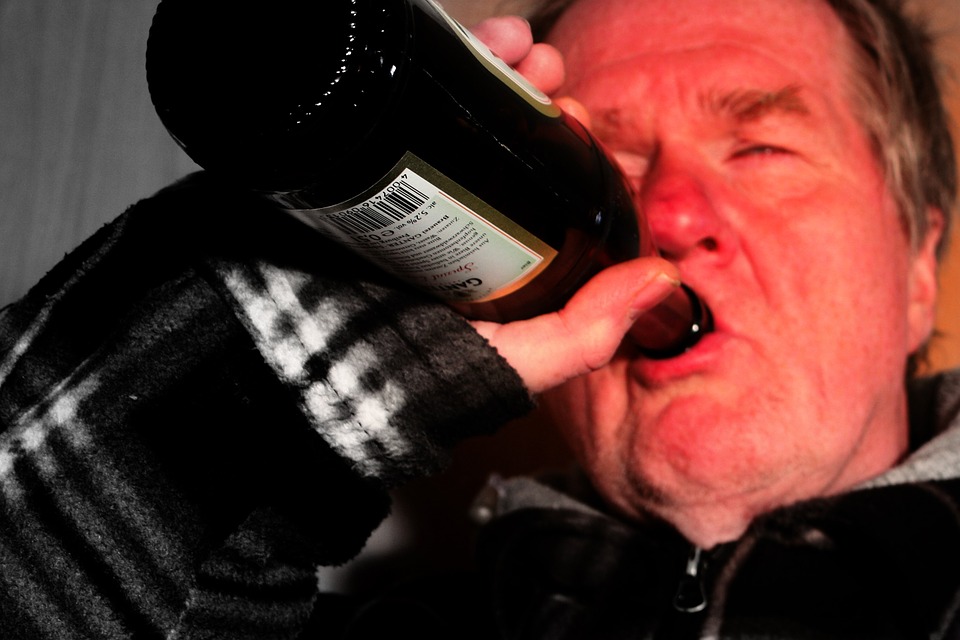Tips for Achieving and Maintaining Healthy Alcohol Consumption

There are more than 100 neuroreceptors in the brain that can be targeted by alcohol. In different people, different receptors will be triggered more heavily. That means that while alcohol consumption can affect everyone, no two people will be affected in precisely the same way.
It also means that alcohol does, without a doubt, affect your brain processes when consumed. Even a small amount of alcohol will have an effect, however imperceptible it might seem at first. That can mean both good and bad things for the drinker in question.
How Alcohol Alters Perception
There’s a reason it’s called “liquid courage.” Drinking dramatically exaggerates our perception of our own abilities. That means we’re more likely to partake in risky behaviors or behaviors that our logical mind usually puts a stop to. If you plan on drinking, keep an eye on how much you consume and have a person you can trust nearby.
That’s part of the reason why some people who are apparently drunk to those around them insist that they are not. When some people drink, they feel invulnerable. In small amounts, that invulnerability can be used to an advantage. In large amounts, or used too often, and alcohol can begin to take a toll on the body.
What Alcohol Does to the Body
On average, the general rule is that one ounce of alcohol will stay in your system for an hour. Studies suggest that women process alcohol more slowly than men and that this fact can skew the average. In any case, during that time alcohol is changing the way you perceive things, making social situations more fun and helping you fall asleep.
If you take care to stay hydrated and refrain from overindulging, the bodily effects you feel after consuming alcohol should be mild. You may experience no outward symptoms at all. Internally, your adrenal and urinary systems may be a bit stressed, but nothing they can’t recover from.
How Alcohol Can Be a Tool Rather Than a Vice
Drinking a little bit now and then or even a few times a week can be beneficial in some ways.
A drink or two during a social event can make it much easier to mingle and have a good time. The trick is just sticking to a drink or two, max. This allows your body to get the mental and health benefits without leading to any consequences down the line.
Alcohol can help you “wind down.” If you have a particularly stressful day, the use of alcohol as a stress reducer, or to transition from work mode to relaxing at home can be worth it. Just make sure this is an occasional situation, not a habit. Alcohol can help in cases like this, but it shouldn’t be your only option.
The health benefits of occasional, moderate drinking are well documented by both old and new studies. They show that this type of alcohol consumption lowers overall risk of cardiovascular disease. It also raises good cholesterol, tempers insulin sensitivity, and improves how your body creates and deals with blood clots.
The Dangers of Overindulgence
While moderate alcohol consumption has the potential to improve health and quality of life, overindulgence can get ugly. Your health takes a hit, sure, and depending on where you are your social standing could, too. If you take it too far, death isn’t a far-off possibility.
When you’ve ingested too much alcohol, especially on an empty stomach or when dehydrated, chances are your body will warn you to quit. You’ll feel nauseous; your stomach will cramp, your body may go numb. A hangover will be the least of your worries.
If this becomes a chronic issue, you risk your overall health. Drinking too much can lead to brain damage, increased risk of heart disease and stroke, pancreatitis, and high blood pressure. Further, it dramatically increases your risk of developing certain cancers and nearly every liver disease imaginable- including outright liver failure.
Keep Your Habit in Check – Don’t Let It Be a Habit
As discussed above, alcohol can be used as a tool. However, your body also needs time to recuperate from the toll it takes. In short, that means taking a break. For most, that just means saying “no alcohol” for a few weeks or a few months. Some people give it a year.
Taking a break is essential. It proves you aren’t dependent on alcohol and it makes it harder to become addicted. If you know someone who is addicted to alcohol, recommend that they visit the Largo Alcoholics Anonymous meetings and get clean. Yes, it can be useful in social situations or to calm anxiety, but you should have other coping mechanisms, too.
During that break or “alcohol detox” your body will rebound from moderate, habitual alcohol consumption. While you’re at it, especially in the first few weeks, you should make sure to drink plenty of water. You might want to take a look at your diet, too. Overall, it’s not a complicated process for average, social drinkers.
What if you do have a habit or think you may have gone too far? Do detox but don’t do it alone. Alcohol detox is beneficial but it can also be dangerous if you’re alone. When you decide to drink, you know you have to be responsible. The same thing goes for detoxing. Have a support network, whether it contains friends or professionals. Doing that will ensure you have a safe and healthy detox.
Ian Alam
Latest posts by Ian Alam (see all)
- Are You Lack of Affordable Trendy Plus Size Clothing? - December 2, 2020
- How To Change Spectrum Wi-Fi Password? - December 2, 2020
- Is A Chares Owen Helmet Right For You? - November 25, 2020
- Precautionary Measures That Dentists Are Doing To Protect You From Covid - November 23, 2020
- 4 Perfectly Good Reasons to Apply For A Loan - October 22, 2020
